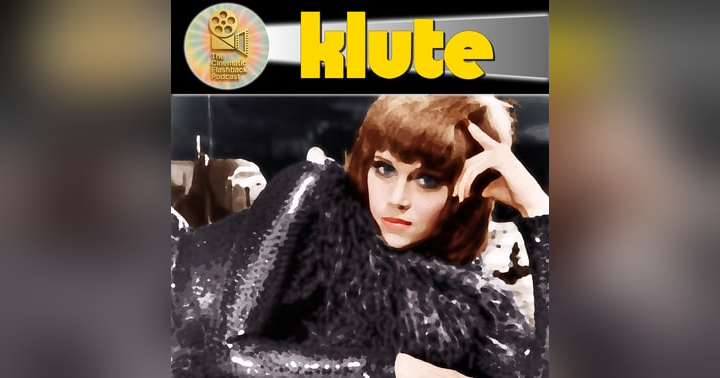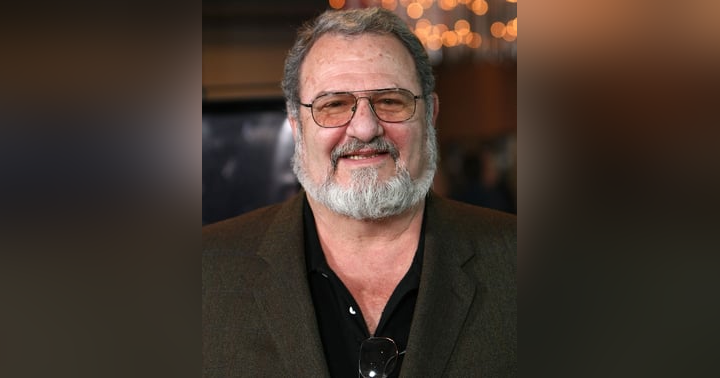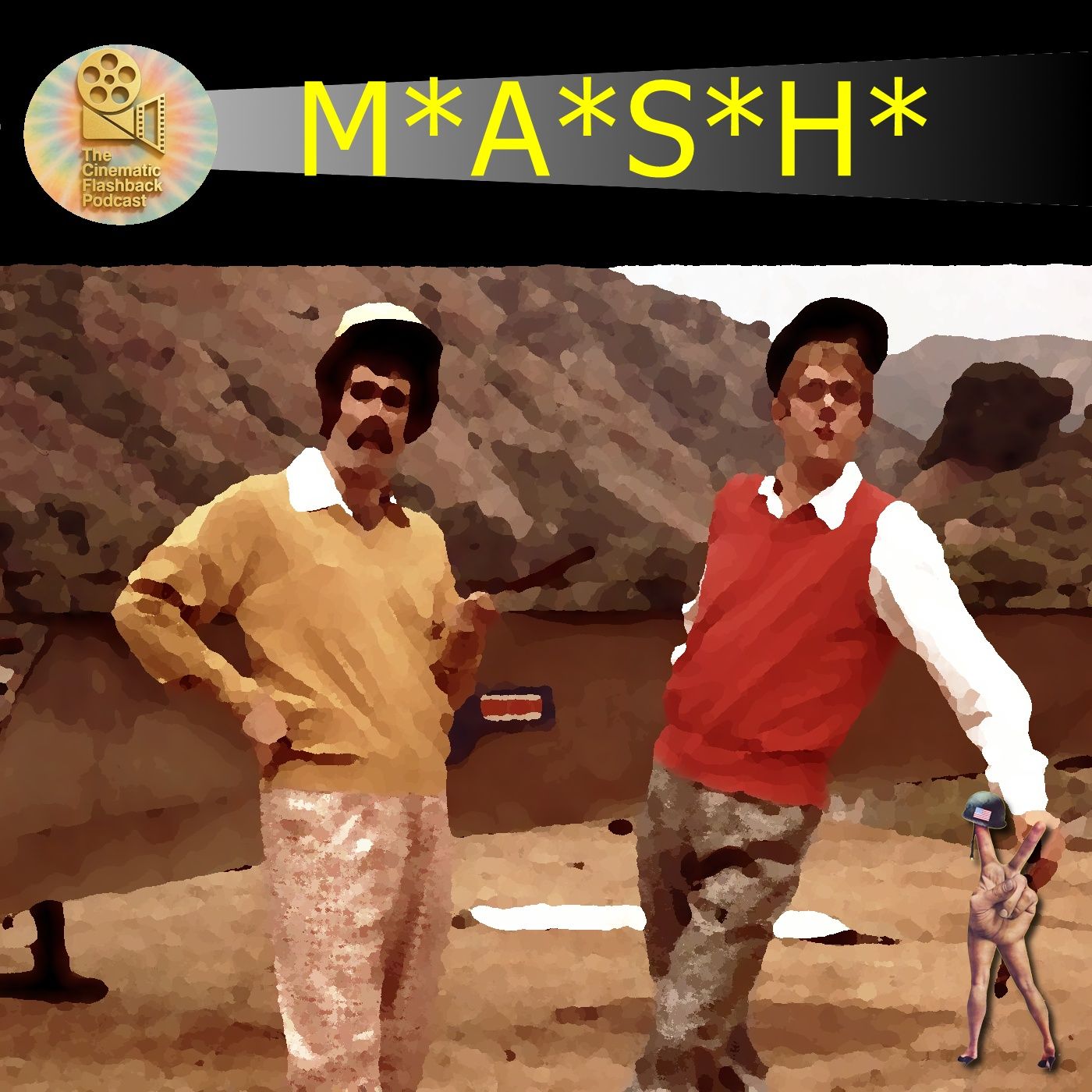7 Things You Didn’t Know About the MASH Movie

Before MASH* became one of the most beloved TV shows of all time, it was a chaotic, gory, and subversive film that blindsided Hollywood. Released at the height of the Vietnam War but officially set in Korea, Robert Altman’s movie walked a razor’s edge between satire and surgical realism.
It also came with a behind-the-scenes story just as strange and unpredictable as anything in the script. Here are seven surprising facts that reveal just how off-the-wall—and historically significant—this film really was.
1. The First F-Bomb in a Major Studio Film
Captain Painless Pole may not be the character most people remember from MASH*, but actor John Schuck delivered a line that made history. His offhand use of the F-word marked the first time a major American studio included it in a theatrical release.
The studio nearly slapped the film with an X rating because of it, but it slipped through—and in doing so, cracked the door open for a new era of uncensored language in Hollywood. Today it barely registers, but in 1970, it was a seismic shift.
2. “Suicide Is Painless” Was Written by a 14-Year-Old
Director Robert Altman needed a theme song for the infamous “Last Supper” scene. The only requirement? The song had to be called Suicide Is Painless, and it had to be “the stupidest song ever written.”
Altman handed the assignment to his 14-year-old son Mike, thinking it was just a throwaway joke. Mike delivered a haunting set of lyrics that hit exactly the right offbeat tone—and ended up making millions in royalties after the song was repurposed as the theme for the TV series. Altman, by contrast, made just $75,000 for directing the film.
In later interviews, Altman said his son bought a house before he did.
3. Radar Got Naked to Support a Nervous Co-Star
Sally Kellerman, who played Major Margaret “Hot Lips” Houlihan, was nervous about filming her shower scene—the first and only nude scene of her career. When the time came to shoot it, Gary Burghoff (Radar) decided to help in a uniquely vulnerable way.
He stripped naked himself and stood next to the camera, in her eyeline, so she wouldn’t feel so alone. When the tent went up and the cameras rolled, Kellerman paused for just a beat, saw him, and then went through with the scene. It was one of those rare moments where empathy on a film set came with a very personal gesture.
4. Altman Tried to Hide Korea—So You’d Think Vietnam
Officially, MASH* is set during the Korean War. But Altman wanted it to feel like Vietnam. He deliberately scrubbed most of the Korean references from the script, hoping audiences would see the satire as commentary on the war still raging in 1970.
The studio caught wind of this and required him to add a title card up front clarifying that it was Korea, not Vietnam. But the message landed anyway. Altman knew that the absurdity of modern war didn’t depend on the era—it was baked into the system.
5. Elliott Gould and Donald Sutherland Tried to Get Altman Fired
Early in the shoot, the two leads weren’t impressed. Donald Sutherland and Elliott Gould felt the production was unfocused and that Altman was letting the film spiral into chaos. They even attempted to have him removed.
Then the dailies came in. What they saw changed their minds. The loose, overlapping dialogue and unconventional camera work suddenly made sense. They dropped their campaign, and the result became one of the defining war satires of the era.
6. The Screenwriter Wasn’t Thrilled About All the Ad-Libbing
Ring Lardner Jr. had spent years on the Hollywood blacklist. Writing MASH* was his return to the industry—and he crafted a sharp, dry script based on the original novel by Richard Hooker. But once filming began, Altman encouraged improvisation and let the cast run wild.
Lardner was dismayed. After a screening, he reportedly confronted Elliott Gould and asked, “How could you do this to my words?” Still, despite the liberties taken, the structure and story were Lardner’s—and the Academy honored him with an Oscar for Best Adapted Screenplay. In interviews, he said the standing ovation felt like personal vindication for years spent in exile.
7. The Last Supper Was a Literal Copy of The Last Supper
One of the film’s most infamous sequences is the “suicide” of Painless Pole, the camp’s dentist. To stage the farewell, the characters create a darkly comic version of The Last Supper. But this wasn’t just a thematic nod—the crew actually sent out for a reproduction of the painting and blocked the actors to match Da Vinci’s composition exactly.
The result is a scene that’s equal parts reverent and ridiculous. And when Suicide Is Painless plays over it—performed diegetically by a character on guitar—it lands like a sick joke and a sorrowful anthem, all at once.
Final Thoughts
MASH* isn’t just a film that launched a beloved TV series. It’s a snapshot of a shifting culture, directed by someone who thrived in the chaos. It was messy, anarchic, and deeply human—even when it made you wince.
And as strange as the movie is, the stories behind it might be even stranger.


